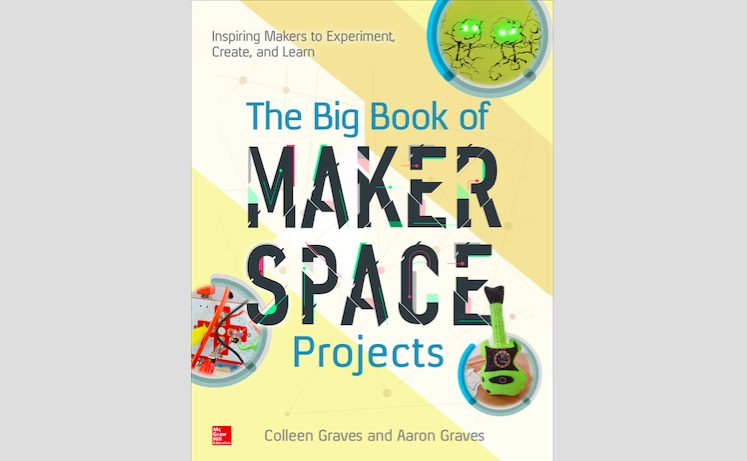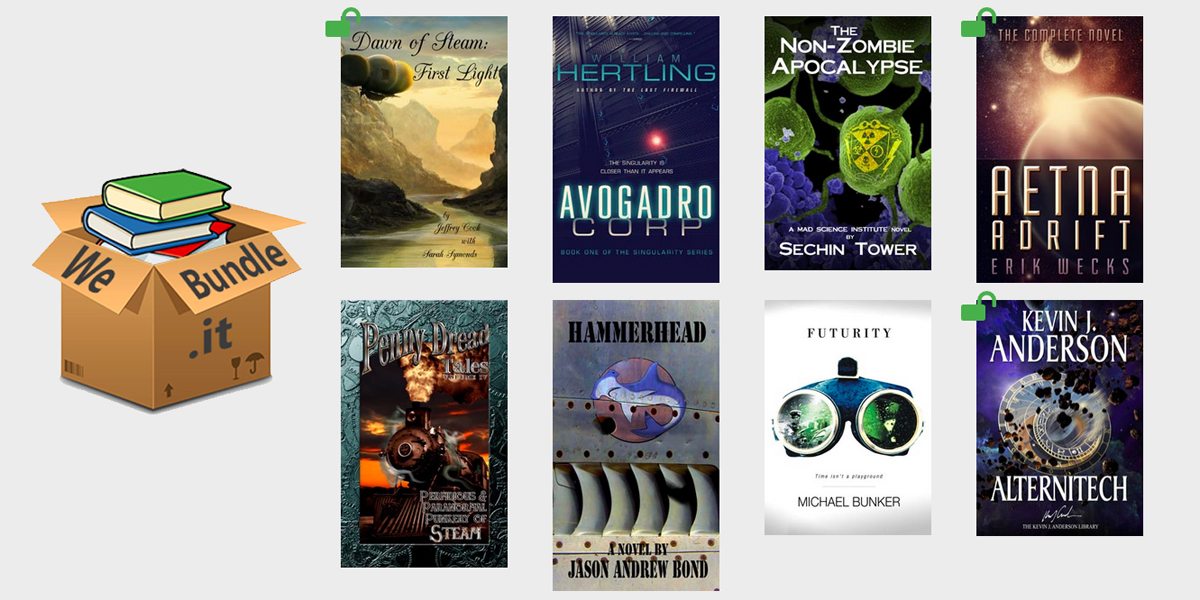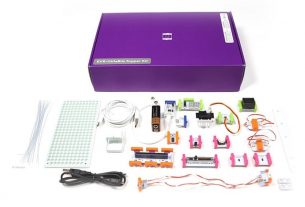A few weekends ago, the city of Decatur hosted the annual Atlanta Maker Faire. At the Maker Faire were a number of makerspaces from around the Atlanta area, all showing off their projects and inviting new members to join them. All the makerspaces around Atlanta seem to be thriving. Makerspaces are incredibly useful to anyone looking to learn new skills or needing access to tools they might not normally have at home.
If you don’t have access to a makerspace in your area, you might consider using a service such as Meetup.com to find others who might be interested in starting one. Most have started small and grown in size as members bring new skills, share tools, and decide on special projects they wish to do as a group. Your own makerspace could start out as nothing more than a small gathering of makers in your garage. The point is, not having a makerspace is one reason why many now exist in the first place—a small group makes the necessary decisions to bootstrap one on their own.
Lacking a makerspace (or a group of makers looking to create one) shouldn’t stop you, however. There are plenty of skills and tools that you can learn all on your own. Honestly, with the Internet and YouTube there’s no shortage of How-To videos that can introduce you to just about any tool or skill you’re looking to learn. But don’t discount books, either. I’ve learned more skills over the years from sitting down with a book and a few tools and following along with experiments and hands-on projects. (As an example, Make: Electronics by Charles Platt is how I really ramped up my electronics skills by working through all the in-book projects.)

Whether you have a makerspace, are looking at starting one, or just need to get moving on your own in your garage or basement, I’ve got a great new book to recommend to you that is perfect for learning new skills and tools—it’s called The Big Book of Makerspace Projects by Colleen Graves and Aaron Graves.
The book is broken into the following twelve chapters:
- Introduction to Making and Tinkering
- Starting Small and Low Cost
- Smart Phone Projects
- Paper Circuits
- Coding
- Musical Instruments
- Sewing Circuits: Beginner to Advanced E-Textiles
- Makey Makey
- Coding and Programming Objects
- littleBits
- 3D Printing
- Mixing It All Together
The book contains 51 projects such as a Balloon Monorail, Smart Phone Projector, Paper Circuit Greeting Cards, Rainsticks, LED Bracelet, Robot Arms, and more. Step by step instructions are included for all projects, and photos are in full color. Project costs are estimated at $, $$, or $$$ so you’ll have a better idea about which projects to tackle based on your budget. Supply lists for each project are also provided along with the source used by the book’s authors. You’ll also find a number of template files in the back of the book for many of the projects.
This 300-page book is suitable for kids and adults, although kids under age 8 or 9 will likely need supervision for many of the projects. What I like best about the book is its selection of projects—the authors have done a great job of picking a number of easy projects, more moderate projects, and some more advanced projects to inspire readers to keep learning. From electronics to programming to sewing to CAD (Computer-Aided Design), the book covers a wide range of skills and tools without overwhelming the reader with too much tech-talk.
Right now, the school my two boys attend is giving serious consideration to creating an in-school makerspace. It will probably be called a STEM Lab, but the idea is the same—give kids a safe, dedicated place to learn some new skills, build some projects, work together, and have fun. The space will definitely have a library, and I’ll be donating my copy of The Big Book of Makerspace Projects for those kids who might need some nudging and help. It’s a great resource for any makerspace or school, too, so you might consider gifting a copy to your own makerspace or a school library to encourage more learning… more making… and more fun.



